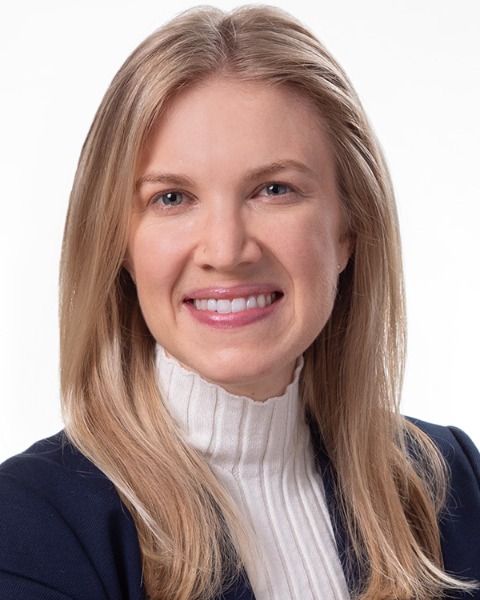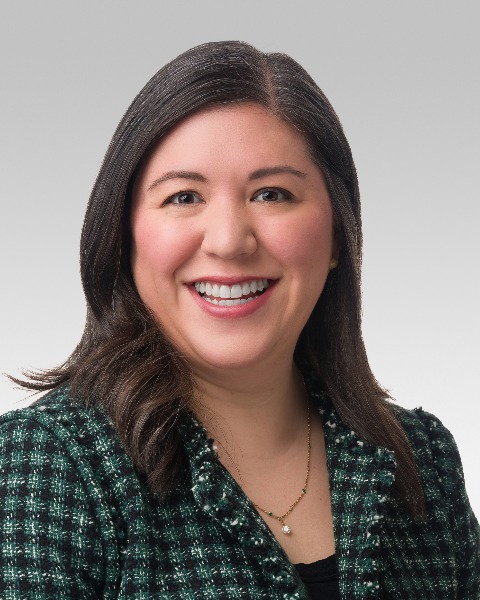Poster Session 3
(781) A just start: A mixed-methods analysis of obstetric health-harming legal needs among low-income pregnant people

Jecca R. Steinberg, MD, MSc (she/her/hers)
Maternal Fetal Medicine Fellow
Northwestern University Feinberg School of Medicine
Chicago, IL, United States- HK
Hebron Kelecha, MD, MPH
Northwestern University Feinberg School of Medicine
Chicago, Illinois, United States 
Madeline F. Perry, MD
University of Pennsylvania
Chicago, IL, United States- NP
Nivedita Potapragada, MBA, MD
Northwestern University Feinberg School of Medicine
Chicago, Illinois, United States - AV
Allie Valenzuela, MD, MPH
Northwestern University Feinberg School of Medicine
Chicago, Illinois, United States - EO
Erica O'Neill, MD
Stroger Hospital Cook County
Chicago, Illinois, United States 
Ashish Premkumar, MD, PhD (he/him/his)
Assistant Professor
Biological Sciences Division, University of Chicago
Chicago, Illinois, United States
Lynn M. Yee, MD, MPH (she/her/hers)
Associate Professor
Northwestern University Feinberg School of Medicine
Chicago, Illinois, United States
Submitting Author and Presenting Author(s)
Coauthor(s)
Health-harming legal needs (HHLN) comprise social barriers to health best addressed through medical-legal collaboration. The objective of this analysis was to understand patient perspectives and experiences with HHLN in pregnancy and postpartum.
Study Design:
In this mixed-methods study, we conducted validated surveys and semi-structured interviews in English or Spanish with obstetric patients in a public hospital in Chicago, Illinois. Surveys included the Medical-Legal Partnership Legal Needs Screening Tool and a demographic survey. We applied community-engaged strategies to collaborate with patients, advocates, physicians, nurses, and social workers to design obstetric HHLN interviews. Interviews focused on four HHLN domains: employment, public benefits, housing, and safety. We applied iterative transcript-based coding to develop and refine a codebook, assess interrater reliability (Cohen’s kappa >0.85), and analyze themes.
Results:
Forty-eight obstetric patients (94% pregnant, 6% postpartum), aged 19-39 years, participated. Twenty participants (42%) identified as Black, 26 as Latine (54%), and 2 as white (4%). All but two participants had public insurance (67%) or were uninsured (27%). In interviews, when asked generally, 92% of participants denied having HHLN. However, 70% of all participants screened positive in the HHLN survey, and when queried about HHLN domains, 95% described obstetric-specific HHLN (Figure). The majority of participants (77%) experienced two or more HHLN, while few faced only an isolated HHLN or none (Figure). The most prevalent obstetric HHLN related to employment (e.g. pregnancy-related workplace discrimination), poor access to public benefits, or substandard housing (Table). Participants described limited options for recourse when HHLN negatively affected their pregnancies (Table).
Conclusion:
HHLN burdened nearly all low-income obstetric patients in this study, but most did not realize they had unmet legal needs. Evidence-based interventions are needed to increase awareness of obstetric HHLN and protect pregnant people from the obstetric consequences of HHLN.

